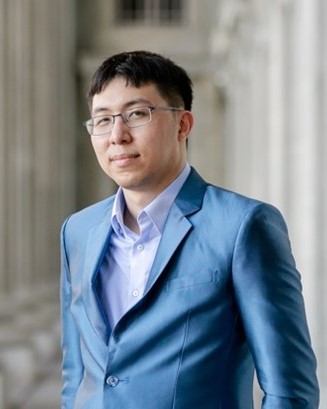The advancement of high-throughput sequencing technologies has led to a deluge of sequencing data, amounting to thousands of terabytes across thousands of individuals. These massive datasets that are now widely available offer us unprecedented opportunities to delve into many complex biological questions and investigate a multitude of biological phenomena through large-scale genome mining. Specifically, leveraging these massive genomics datasets and new computational methods that we are developing, we aim to tackle the following critical biological questions:
- Discovery of Missing Somatic Alterations in Cancer
Somatic genome alterations are recognized as pivotal drivers of cancer; however, many cancer patients lack detectable cancer-driving DNA alterations. It is conceivable that some of these missing alterations are hidden within the highly repetitive regions of the human genome, which traditionally pose technical challenges for analysis. To tackle this issue, we are pioneering new computational methods and harnessing advancements in long-read sequencing technologies to decipher DNA alterations within these complex regions in cancer patients.
- Development of More Effective RNA-based therapeutics
The advent of RNA vaccines during the COVID-19 pandemic has underscored the efficacy of RNA technologies in therapeutics and biotechnology. This underscores the need to develop a broader array of RNA-based therapeutic strategies. In pursuit of this goal, we are utilizing large-scale genome mining to uncover valuable RNA elements, and to engineer and produce RNA therapeutics.
- Uncovering the Role of Somatic Mutations in Aging Associated Diseases Beyond Cancer
While somatic mutations are recognized as pivotal drivers of cancer, recent studies have revealed their presence in various normal tissues beyond cancer. This suggests that somatic mutations might also play significant roles in driving other age-related diseases. To address this possibility, we are developing advanced computational methods and approaches to identify these mutations in diverse tissues and to understand their role in other aging-related conditions.
Qualifications:
BSc (Life Sciences and Chemistry) (Hons), National University of Singapore
MSc (Computer Science), National University of Singapore
SM (Computational Science and Engineering), Harvard University
PhD (Computational Genomics and Bioinformatics), Harvard University
Awards
- National University of Singapore Development Grant, 2021
- PhRMA Foundation Informatics Fellowship, 2020
- Harvard Certificate of Distinction in Teaching, 2019
Teaching Areas / Graduate Supervision
Computational Genomics / Bioinformatics


